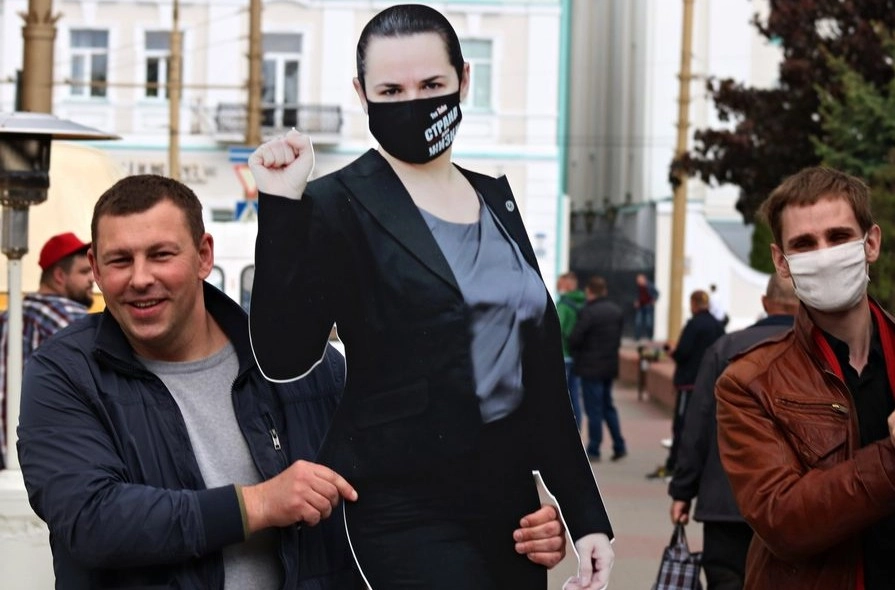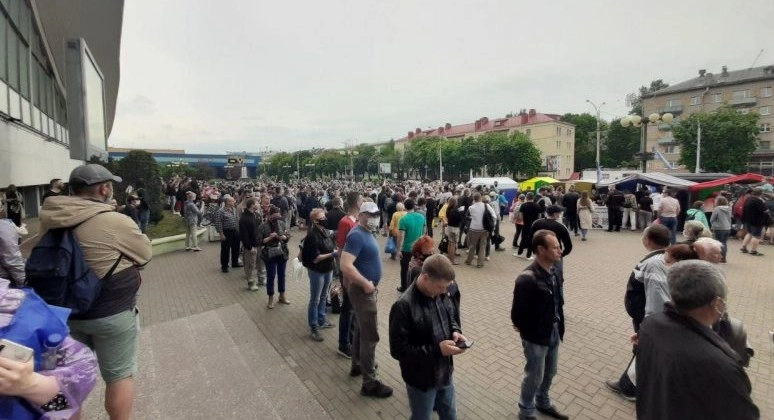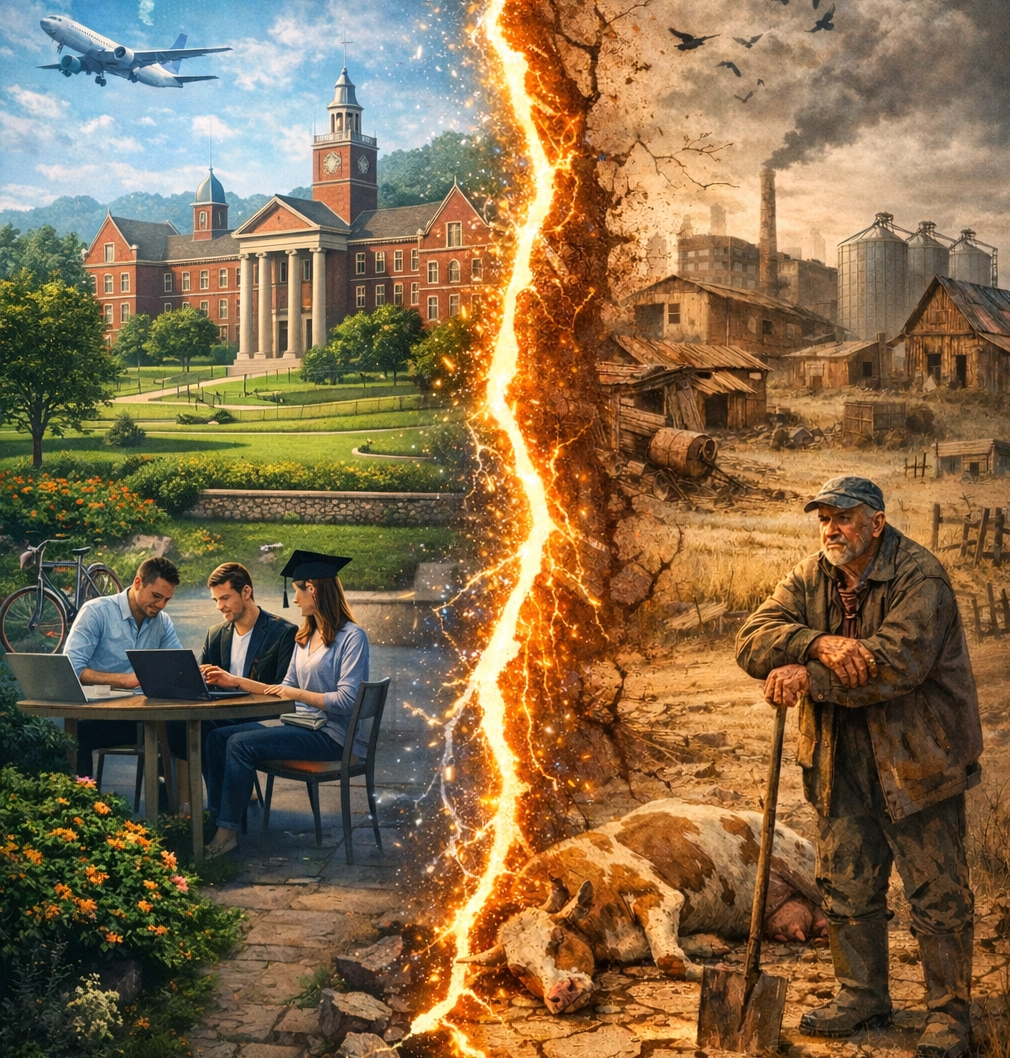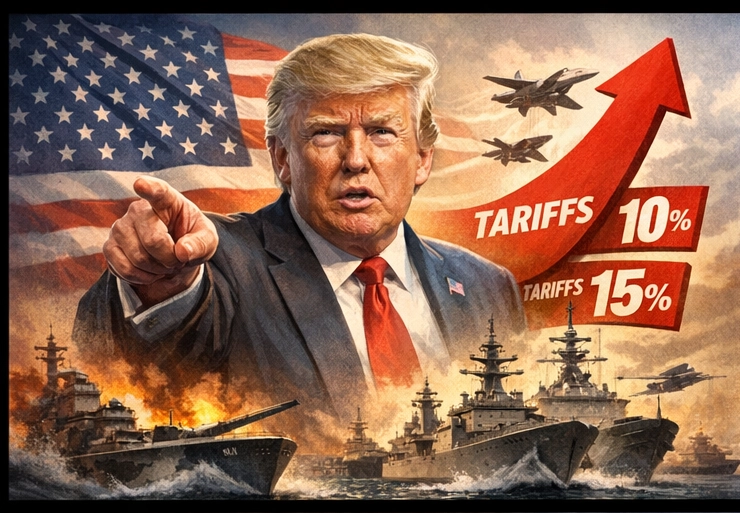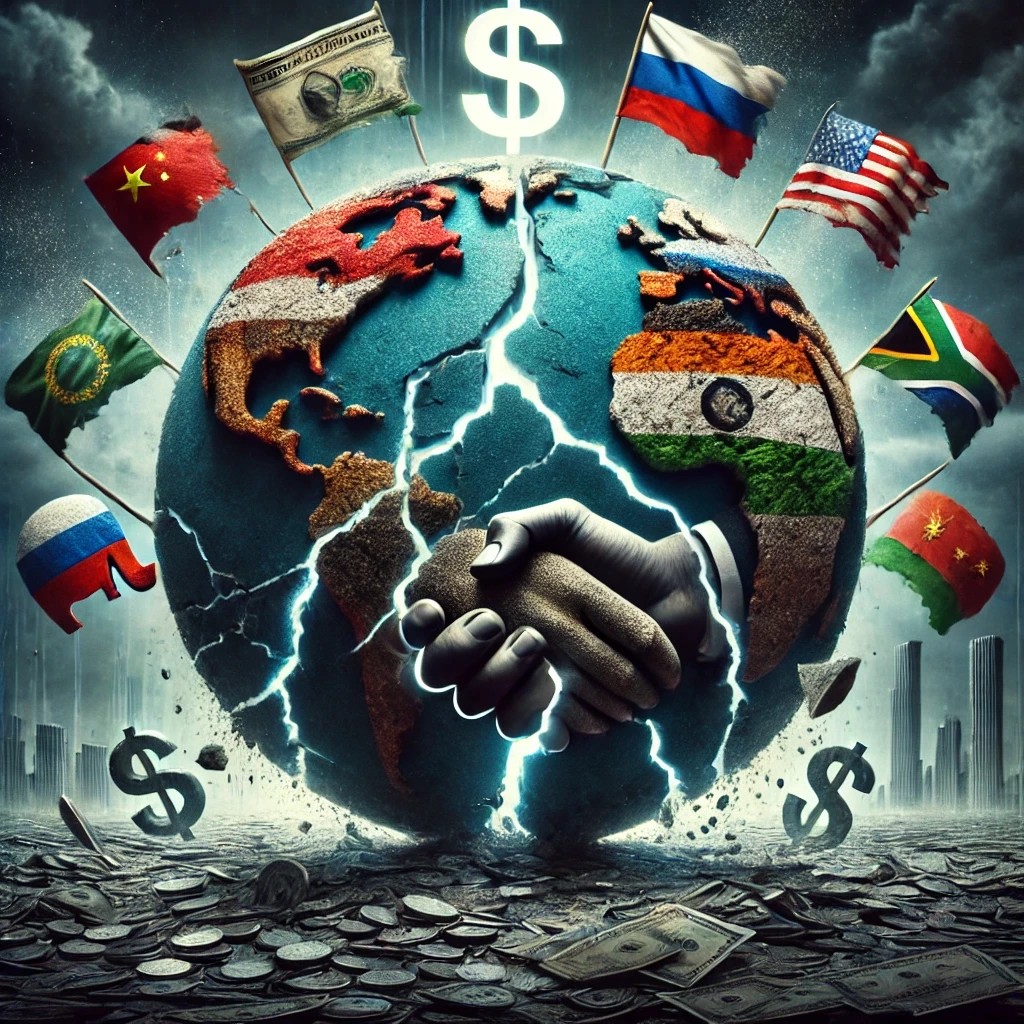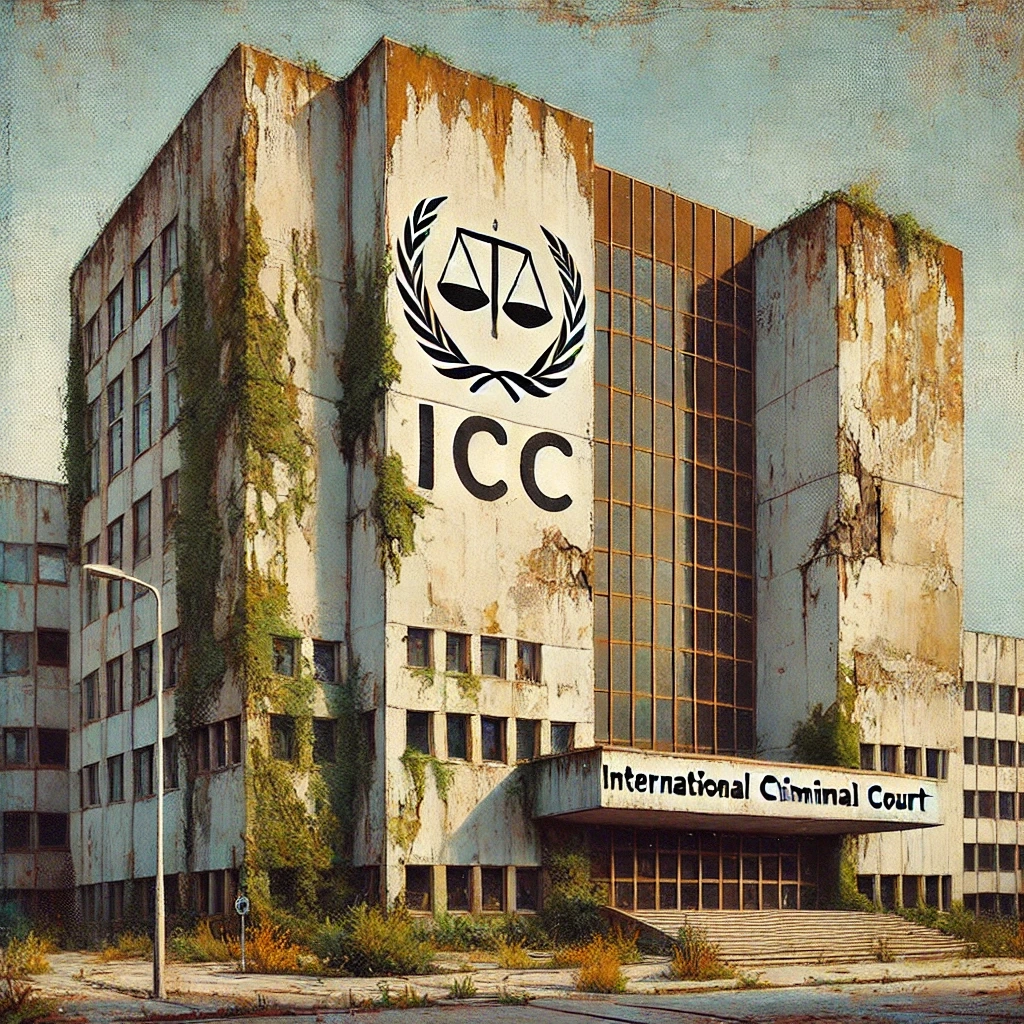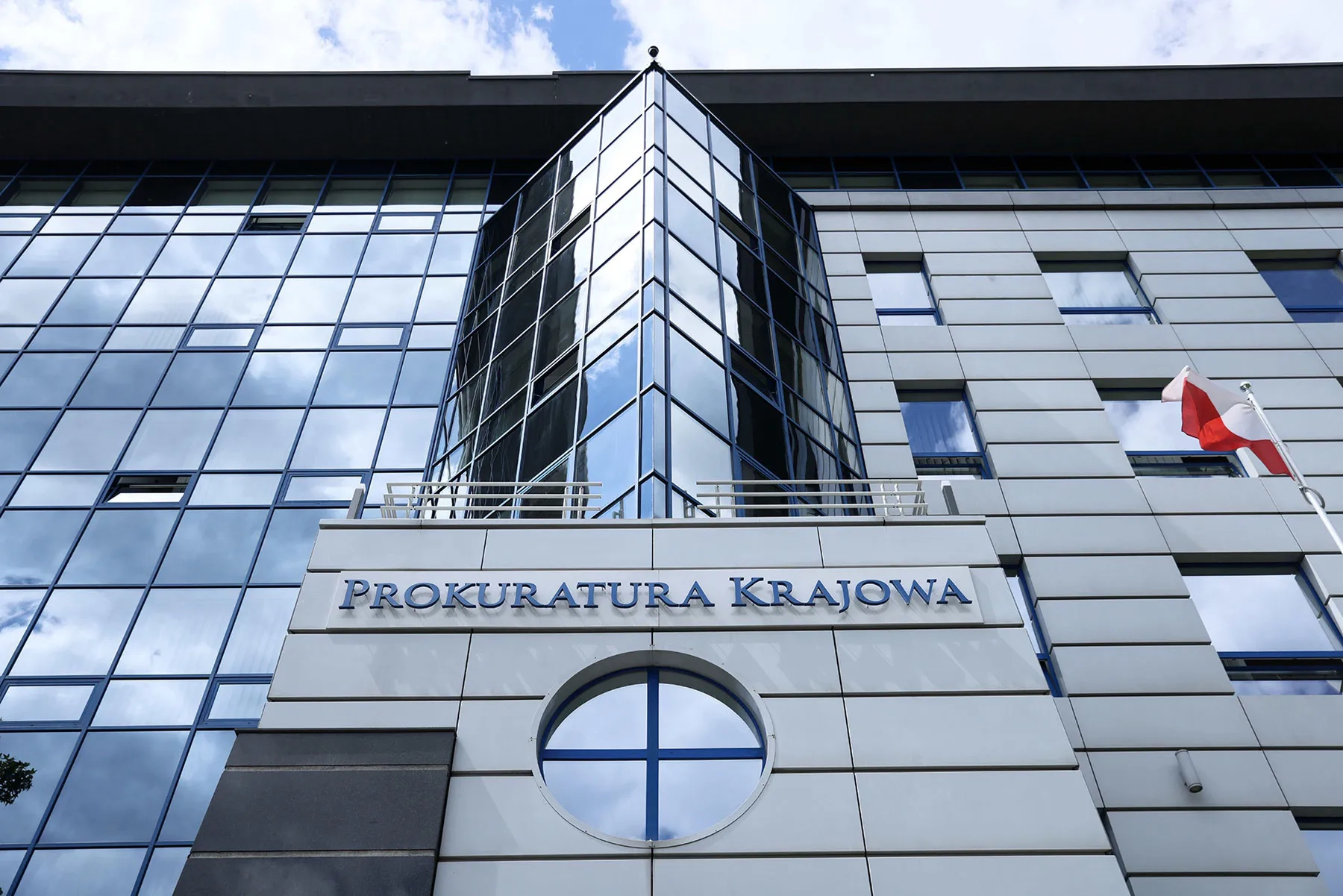After the arrest of Viktor Babaryko, I was left virtually alone in the presidential campaign. Together with Veronica and our team, we continued traveling across Belarus — from major cities to remote provincial towns — meeting people and speaking about the future of our country. At the same time, the pressure from the regime was steadily intensifying. It became more tangible, more constant — a presence we could no longer ignore.
While there were three of us — Viktor, Sergei, and I — the attention of the security forces had been divided. That division created a kind of fragile equilibrium. Each of us ran our own campaign, and formally we were competitors. But between us existed an unspoken sense of solidarity. We were united not just by the scale of the challenge, but by a common adversary — a rigid, ideologically decaying regime that was stripping the Belarusian people of their future.
Once Viktor was arrested and Sergei imprisoned, everything changed. What had been a campaign of many voices and parallel paths suddenly narrowed to one — mine. And in that moment, I felt, with stark clarity, what it means to stand alone in the crosshairs of a repressive state. This wasn’t public attention in the democratic sense — where a politician addresses voters and, even as a member of the opposition, remains under the protection of law. Here, you are not a candidate with security. You are a target. The regime’s focus no longer dispersed — it sharpened, concentrated, and fixed itself on a single person. That person was me.
This was no longer a matter of political risk, as it had seemed at the start of the campaign. It was a shift into a different existential condition — what Heidegger called the clearing, the narrow space between Being and Nothingness. Everything that once seemed like neutral background — roads, meetings, even small public gatherings — became charged with danger. Every step could be a provocation. Every word could become a trap.

Arrest was no longer one of several possible outcomes. It became part of the landscape — a looming certainty. You moved toward it blindly, not knowing how many steps remained. And that uncertainty became the heaviest burden to carry. As in life: it is not pain itself that terrifies, but its anticipation. Not death, but the shadow it casts before it arrives. Like an executioner slowly laying out the tools of torture — knives, hooks, chains — not to strike immediately, but to break the victim before ever touching them.
And if the regime had already crossed the line with Viktor and Sergei, what made anyone believe it would stop there? What if the next line — the one meant for me — was not imprisonment, but physical elimination? That question no longer felt like paranoia. It became part of the psychological space in which I now lived.
And this isn’t even the kind of choice a nation faces when it comes under attack by an external aggressor. In that case — however painful — you remain within the framework of your own statehood. You have an army, laws, functioning institutions, international law, diplomacy, allies. You are part of a collective, and behind you stands a system which, though imperfect, still gives you the sense that your fate is not yours alone, but a matter of shared responsibility.
Here, it’s entirely different. The regime didn’t even try to hide it: we were clearly next. We were under constant surveillance. Men in plainclothes with video cameras openly recorded our every move — rallies, travel routes, meetings with voters. They didn’t even pretend to be discreet. Instead of small, hidden devices, they carried large, conspicuous cameras with heavy lenses — so visible they were impossible to ignore. It wasn’t surveillance. It was intimidation — staged and deliberate.



We referred to these security agents as “tikharis” — a slang term derived from the Russian word for “quiet” — because their job was to remain unnoticed in a crowd. Dressed in plainclothes, their task was to identify active participants, later write up reports, and appear in court as so-called “concerned citizens” or “random bystanders.”
But in my case, they made no effort to blend in. They didn’t hide — on the contrary, they wanted to be seen. Their purpose wasn’t to observe discreetly, but to intimidate openly. It was a warning: you are being watched — and this surveillance can turn into repression at any moment.
The number of these “observers” at our campaign events grew into the dozens. Their cameras didn’t just film faces; they recorded license plates, tracked our routes, noted our stops, hotels, roadside cafés. The pressure wasn’t aimed only at us — it was directed just as much at the people who came to support us.



Bobruisk, in the Mogilev region — the city that Lukashenko once referred to as a “filthy Jewish pigsty.” It was through this city that he attempted to revive the old antisemitic myth of Jews as “unkempt, dirty, and foul-smelling,” as noted by Israeli Ambassador Zeev Ben-Arie.
And yet, more and more people kept coming. Despite the cameras. Despite the fear. They came. They knew they were being filmed. And still — they stayed.



Karelichy, in the Grodno region — another provincial town in the Republic of Belarus.
And still, you keep fighting. Because once you’ve made the choice, you’ve accepted not only personal risk — but also responsibility. For the people. For their trust. For the common cause.


Baranovichi, in the Brest region — our journey continues through the small and mid-sized towns of the country.
There could be no retreat. To step back would mean betraying not only the choice we had made, but the very meaning of why we began at all.
So we did what we could.
To be continued
